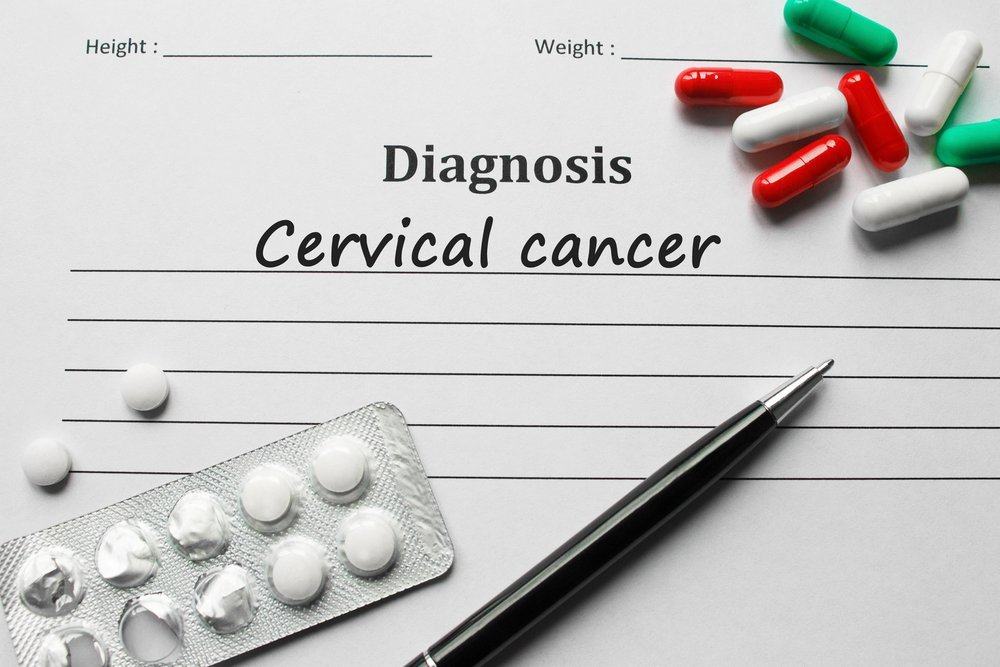Contents:
- Medical Video: Most Bottled Water Is Filled With Fluoride Here's A Complete List Of Brands To Avoid Life Well Lived
- What is fluoride?
- Is fluoride really harmful to health?
- How many doses of fluoride are still considered healthy?
- The effects of consuming fluoride are excessive
- Secure the bottled water we drink?
Medical Video: Most Bottled Water Is Filled With Fluoride Here's A Complete List Of Brands To Avoid Life Well Lived
Some time ago, the Indonesian people were surprised by the news about the content of fluoride in dangerous packaging water. Whoever first started the news, thousands of people have shared the article on their social media pages about how bottled water containing fluoride can cause various negative effects such as bone cancer, decreased IQ in children, and others.
What is fluoride?
Fluoride is a chemical that can be found in the wild, found 0.3 grams of fluoride in every 1 kg of the composition of the earth's crust. Fluoride can be found in various forms, such as hydrogen fluoride, sodium fluoride and much more. Can be in the form of gas, liquid or solid, generally fluoride is colorless or white and soluble in water. Fluoride can be found in drinking water naturally or because it was intentionally added by the manufacturer.
The content of fluoride in the water we consume daily varies, groundwater passing through the mountains will usually be mineralized naturally and will contain fluoride. High and low fluoride content depends on the rock and minerals it passes. After being drunk or eaten, almost all fluoride will be absorbed by our digestion, enter the bloodstream, and stored in bones or teeth.
Is fluoride really harmful to health?
Saying that fluoride is dangerous is not entirely wrong. At large doses, fluoride can be harmful to health, but at small doses fluoride is beneficial for us. Fluoride is added to bottled water or toothpaste because this substance can prevent the formation of tartar and hollow teeth. Fluoride is also beneficial for bone health. Addition of fluoride is one of the most effective and inexpensive ways to prevent dental caries, so the US health department recommends adding fluoride in bottled water. As a result, there was a significant decrease in the incidence of dental caries in the last 70 years after the addition of fluoride in the USA.
A dose of 0.7 mg / liter is enough to have a good effect on bones and teeth. However, excessive doses can actually cause damage to bones and teeth. Dental fluorosis, an enamel abnormality caused by excessive consumption of fluoride, occurs when the fluoride content in water ranges from 1.5-2 mg / liter, depending on how much someone drinks the water. Dental fluorosis often occurs at the age of children 22-26 months in which tooth growth and mineralization occurs. In addition, excessive consumption can also cause acute fluoride poisoning which can occur when consuming fluoride as much >1 g every kg of body weight.
How many doses of fluoride are still considered healthy?
Responding to this condition, WHO in 1984 and 1993 set the standard for fluoride content in bottled water should not exceed 1.5 mg / liter. Exceeding the limits of this standard can lead to a risk of dental fluorosis, with greater levels causing bone fluorosis.
In Indonesia alone, through the Regulation of the Minister of Health of the Republic of Indonesia No. 492 / Menkes / Per / IV / 2010 concerning Drinking water quality requirements, fluoride content in drinking water must not exceed 1.5 mg / L, Tighter limits are precisely stipulated by SNI 01-3553-2006 concerning Bottled Water, mentioned that fluoride content in mineral water should not exceed 1 mg / L.
The effects of consuming fluoride are excessive
Excessive consumption of fluoride is dangerous, and can cause interference, both in the teeth, bones, and other organs.
Nervous system
A study in China revealed a decrease in IQ in children who drank fluoride 2.5-4 mg / L.
Hormone system
Excessive consumption of fluoride can also cause a decrease in thyroid hormone, an increase in parathyroid and calcitonin hormones, and impair glucose tolerance.
Reproduction system
Animal studies conclude that very high levels of fluoride can cause a disruption of the reproductive system's growth, but the effects on humans still need further research.
Other organs
Animal studies have concluded that more fluoride than 4 mg / L irritates the digestive organs, damages the liver and kidneys. Whereas in humans, high levels of fluoride are not recommended for patients with kidney disease.
Secure the bottled water we drink?
SNI 01-3553-2006 establishes fluoride content in bottled water <0.5 mg / L. Bottled water that meets the above standards usually has the SNI label and number. So, make sure you choose good and standardized bottled water.
READ ALSO:
- Mineral water is better than plain water
- 5 Benefits of Diligently Drinking Water
- Various Dehydration Preventing Fluids Besides Water












